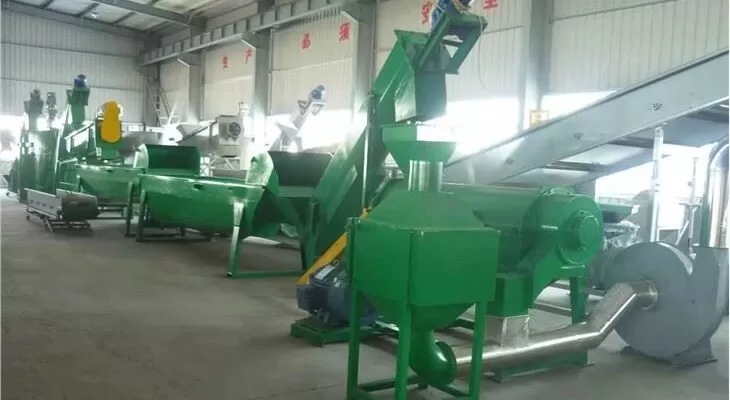In our quest for a cleaner planet, plastic recycling stands as a crucial hurdle. We face numerous challenges that can make or break our efforts. The technical challenges in plastic recycling are daunting, yet overcoming them is essential for a sustainable future. From contamination to processing complexities, these issues hinder effective recycling.

So, what are these challenges? They range from the types of plastics used to the technologies available for recycling them. Understanding these obstacles helps us innovate and improve our processes.
What types of plastics are most challenging to recycle?
Not all plastics are created equal. Different types have varying properties that complicate recycling efforts. For instance, plastics like PVC and polystyrene are notoriously difficult to process. They often require specialized facilities and technology.
Additionally, multi-layered materials pose a significant challenge. These products combine different types of plastics, making them nearly impossible to separate and recycle.
How does contamination affect recycling processes?
Contamination is a major barrier to effective plastic recycling. It can occur from leftover food, mixed materials, or foreign objects. When plastics are contaminated, the quality of recycled material diminishes.
Contaminated batches often end up in landfills rather than being recycled. This not only wastes resources but also undermines the entire recycling process. Addressing contamination is crucial.
What are the limitations of current recycling technologies?
Current recycling technologies face limitations that hinder efficiency. Traditional mechanical recycling often struggles with certain types of plastics, leading to lower recycling rates.
Advanced methods like chemical recycling offer promise, but they are still developing. These technologies can break down plastics into their base components, but they are not yet widely adopted. Want to stay updated?
How does the lack of standardization impact recycling?
The absence of standardized recycling practices complicates efforts. Different regions have varied guidelines, leading to confusion among consumers.
This inconsistency can result in improper recycling methods, further hindering progress. Establishing clear, universal standards could streamline recycling efforts. Curious about the impact of standardization?
What role does consumer behavior play in plastic recycling?
Consumer behavior is a significant factor in recycling success. Many individuals are unaware of how to properly recycle plastics.
Misplaced items in recycling bins lead to contamination, which can ruin entire batches. Education and awareness campaigns are essential to improve recycling rates. Interested in strategies to enhance consumer knowledge?
How can we overcome these technical challenges?
Overcoming these challenges requires innovation and collaboration. Investment in research and development is essential for advancing recycling technologies.
Additionally, partnerships among manufacturers, recyclers, and consumers can facilitate better practices. We must work together to create sustainable solutions for plastic waste.
Conclusion
In conclusion, the technical challenges of plastic recycling are significant but not insurmountable. By addressing contamination, enhancing technology, and fostering consumer education, we can pave the way for a greener future. Together, we can turn the tide on plastic waste!
